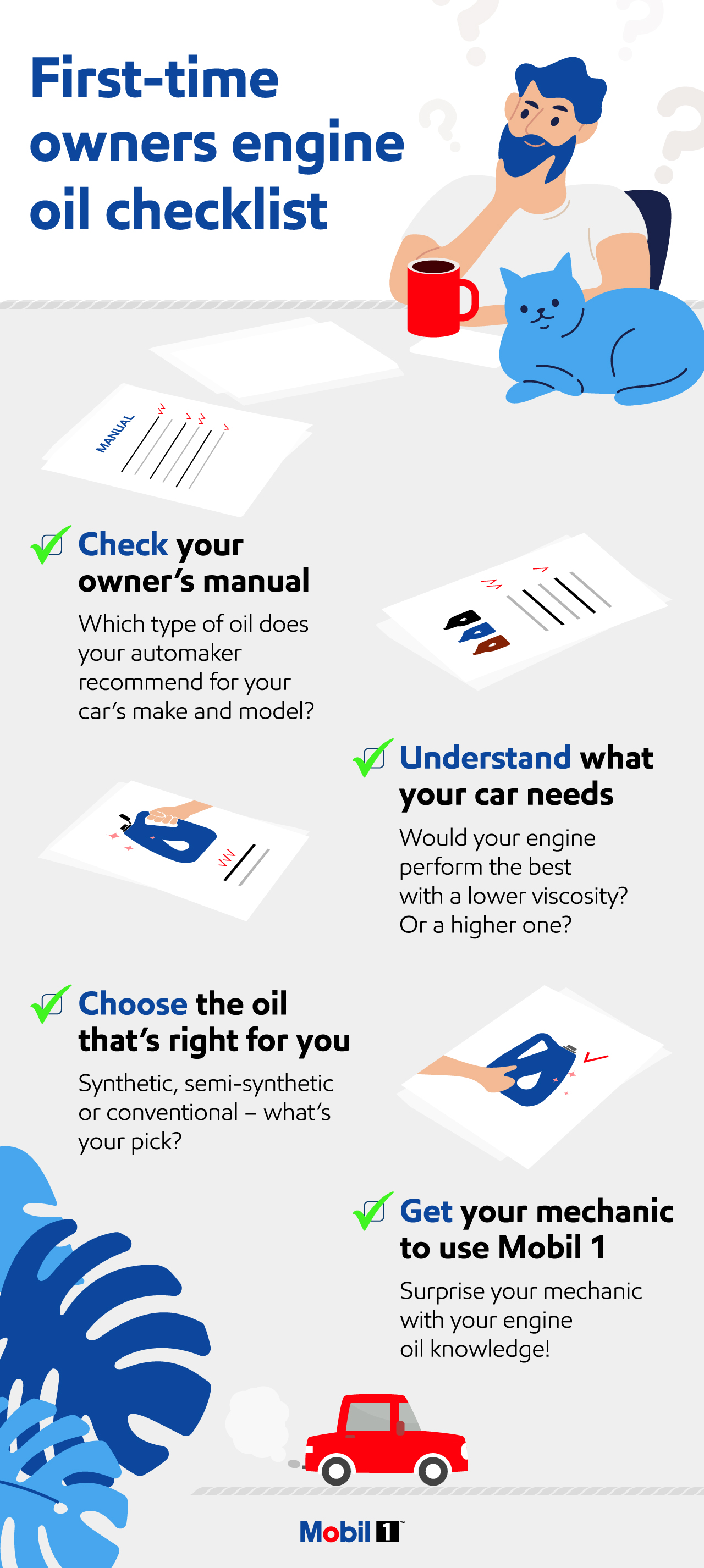Blog
A Comprehensive Guide to Engine Oils: Choosing the Right Option for Your Vehicle

Estimated reading time: 6 minutes
Key takeaways:
- Choosing the right engine oil is crucial for your vehicle’s health.
- Synthetic and mineral engine oils have their own pros and cons.
- Consider performance, price, and environmental impact when selecting engine oil.
Table of contents:
- Introduction
- Comparison between synthetic and mineral engine oil
- Best engine oil recommendations
- Benefits of using high-quality engine oil
- Conclusion
- FAQ
Introduction
Engine oils are essential lubricants used in vehicles to reduce friction, heat, and wear in the engine, ensuring its smooth performance and longevity. Whether you’re a car enthusiast or a casual driver, selecting the right engine oil is crucial for maintaining the health of your vehicle. In this guide, we will delve into the world of engine oils, providing you with valuable insight on choosing the best option for your needs.
Comparison between synthetic and mineral engine oil
Synthetic and mineral engine oils are two popular options in the market, each with its own set of advantages and disadvantages. Synthetic oils are made from artificially engineered compounds, offering superior performance in extreme temperatures and extended durability. On the other hand, mineral engine oils are derived from natural sources, providing cost-effective solutions for everyday driving.
When deciding between synthetic and mineral engine oil, consider factors such as base oils and additives used in each type. Synthetic oils contain high-quality base oils and advanced additives, ensuring optimal engine protection and efficiency. Mineral oils, on the other hand, may lack the same level of performance in extreme conditions but can still provide adequate lubrication for most vehicles.
Best engine oil recommendations
To help you find the best engine oil for your vehicle, we have compiled a list of top recommendations based on factors like viscosity, API classification, and manufacturer recommendations. Whether you drive a sedan, SUV, or truck, there is a specific engine oil that can optimize your engine’s performance and longevity.
When choosing the best engine oil for your vehicle, consider factors such as the make and model of your car, driving conditions, and maintenance history. By selecting the right engine oil, you can ensure that your engine operates at its peak performance and remains protected against wear and deposits.
Benefits of using high-quality engine oil
Using high-quality engine oil is essential for maintaining optimal engine performance, fuel efficiency, and protection against wear and deposits. By investing in the best engine oil for your vehicle, you can prolong the lifespan of your engine and reduce the risk of costly repairs down the line.
With superior lubricating properties, high-quality engine oil can keep your engine running smoothly, improve fuel efficiency, and prevent the buildup of harmful deposits. By choosing a top-rated engine oil, you can ensure that your vehicle operates at its best and remains reliable for years to come.
Conclusion
In conclusion, selecting the best engine oil for your vehicle is crucial for maintaining its performance and longevity. Whether you choose synthetic or mineral engine oil, make sure to consider factors such as performance, price, and environmental impact before making your decision. By using high-quality engine oil, you can ensure that your vehicle operates at its peak and remains protected against wear and deposits.
We encourage you to explore more engine oil options on our website or contact us for further assistance in selecting the right engine oil for your vehicle. Make informed decisions when choosing engine oils to keep your vehicle running smoothly and efficiently.
Call to action
Explore more engine oil options on our website or contact us for further assistance in choosing the best engine oil for your vehicle. Make the right choice for your engine’s health and performance.
FAQ
What is Engine Oil?
Engine oil is a lubricant used in internal combustion engines to reduce friction between moving parts and improve performance.
How often should I change my engine oil?
It is generally recommended to change your engine oil every 3,000 to 5,000 miles or as per your vehicle’s manual.

